How do I discern what is real and what is fake?
I'll share a strategy I use. It's not bulletproof but nothing is.
Consider the following headline:
The source is The Guardian, but that doesn’t matter because the headline is probably accurate and there’s an easy way to verify it.
It’s a fairly run-of-the-mill current affairs story that doesn’t require much editorialisation, if any. The G20 Summit is a real event and it is happening in South Africa. Trump’s decision to boycott it is a straightforward news item. If no American delegation shows up, the story will be proven true.
However, the G20 Summit itself is a different beast and I agree with Trump’s decision to boycott it. The whole thing is about creating a multipolar carbon economy based on the UN’s Sustainable Development technocratic nonsense.
But that’s not related to whether the above headline is fake news or not.
Similarly, if I read a story about a car accident or a surfer being attacked by a shark, I have no reason to invest heaps of time questioning the legitimacy of the claims. Cars crash into one another all the time, and sharks do bite surfers now and then. If, for example, the journalists editorialise by adding comments about cars crashing less if they were electric, or sharks attacking because of climate change, I’ll disregard those bits and still assume the foundational story is probably true.
Basically, everyday stuff doesn’t warrant deep skepticism.
Now consider the following headline:
Here’s where it gets good.
I don’t have a monopoly on truth, so I can’t proudly proclaim that this headline is junk. I do think it is junk, mind you, and I will certainly state that. But it could be true because, historically, Earth has cooled and warmed without the help of humans.
Let’s assume Earth is warming slightly?
So what?
According to Valentina Zharkova, probably one of the best solar physicists in the world, Earth’s temperature trajectories go in cycles. In fact, Earth is currently entering a Grand Solar Minimum, meaning that the temperature trajectory is heading downwards until around 2040, after which it will head upwards again slightly.
The “key global warming target” is nothing more than an agenda item in the UN’s attempt to “reduce carbon emissions” (a metaphor for reducing the number of people). How do I know this? Well, because humans can’t turn up or down Earth’s temperature as if it were a control knob.
My strategy of discernment
This isn’t a bulletproof strategy but I find it quite reliable for the most part.
Does the person/group making the claim have skin in the game?
Put another way, how close to power is the person/group making the claim?
Both CNN and Fox are close to power, despite promoting “opposing” political ideologies.
CNN is close to Obama, while Fox is close to Trump. These outlets do not have skin in the game—if they get stories wrong, it doesn’t matter. They don’t lose money or power.
Meanwhile, my friend Nick Hudson, who founded PANDA to analyse Covid data (and came to very different conclusions from what we were being fed by the media), has skin in the game. He isn’t close to power and if he got things wrong, he would have lost donations and disappeared into insignificance very quickly. As it turns out, he was far closer to the truth than either CNN or Fox and, in fact, pretty much the entire mainstream media establishment.
I am more likely to put my faith into Nick’s conclusions than CNN’s conclusions about the “pandemic”. (As an aside, Nick’s conclusion is that there was no pandemic.) Does it mean that Nick is right on everything else? Of course not. Like I said in a previous Substack article, get rid of binary thinking.
Back to Valentina
She has been on my podcast.
She is nobody special and isn’t close to power.
She is just a scientist at an average university who has studied the sun for decades. In fact, she has been trying to get the UN (more specifically, the IPCC) to include her data, but it’s unlikely because they have a “global warming” agenda to push.
She has skin in the game and I am more likely to put my faith into her conclusions than the IPCC’s conclusions.
Notice my language
I don’t claim Valentina has a monopoly on truth.
I don’t claim Nick has a monopoly on truth.
I don’t claim I have a monopoly on truth.
Nobody has a monopoly on truth.
So, my aforementioned statement is that I am more likely to put my faith in their conclusions before, say, CNN or the IPCC. Notice my use of “more likely” and “faith”. I am not fully committing because I’m allowing for them to get it wrong.
As Off-Guardian’s Kit Knightly said on my podcast, it’s important that we try to break free from the shackles of false dichotomies and binary thinking. We need to allow for error correction.
Am I certain that viruses don’t exist? No. But I am pretty confident that contagion is a myth, because as Tim West and Dr Mike Yeadon have shown in their incredible Substack piece, Transmission Failure, it’s a nearly impossible task to find evidence of human-to-human transmission of any alleged virus.
Both Tim and Mike have skin in the game. Both are very far from power and, if anything, Mike has run the risk of losing all credibility by changing his stance on various pharmaceutical matters, much like the great sports scientist Tim Noakes who realised he was wrong about carbohydrates. From where I’m sitting, Mike and Tim (Noakes) now have maximum credibility.
My strategy has been pretty damn good, in my opinion.
So much so, in fact, that it led to me changing my views on numerous talking points like climate change, vaccines, contagious diseases and many more.
Put simply, it comes down to risk analysis. The person/group taking the bigger risk is the one I’m more likely to take seriously.
And it’s worked for me.


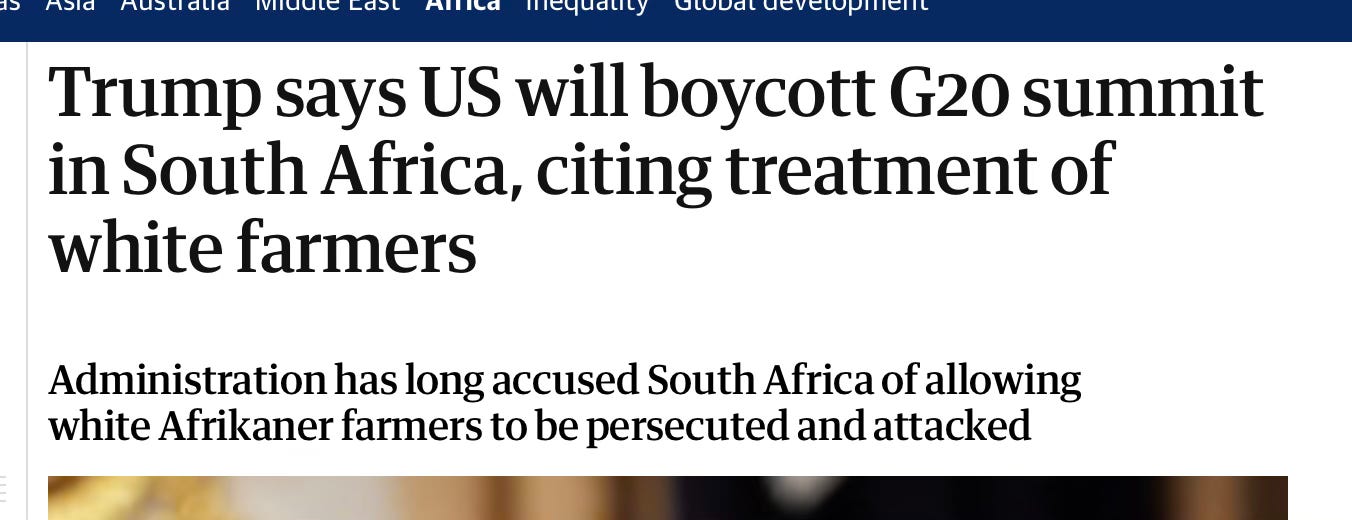

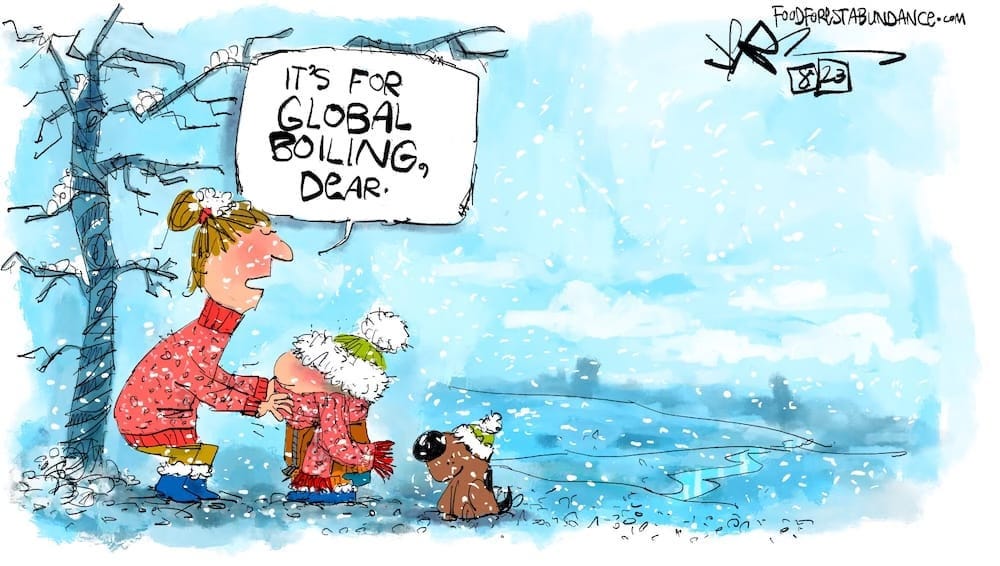
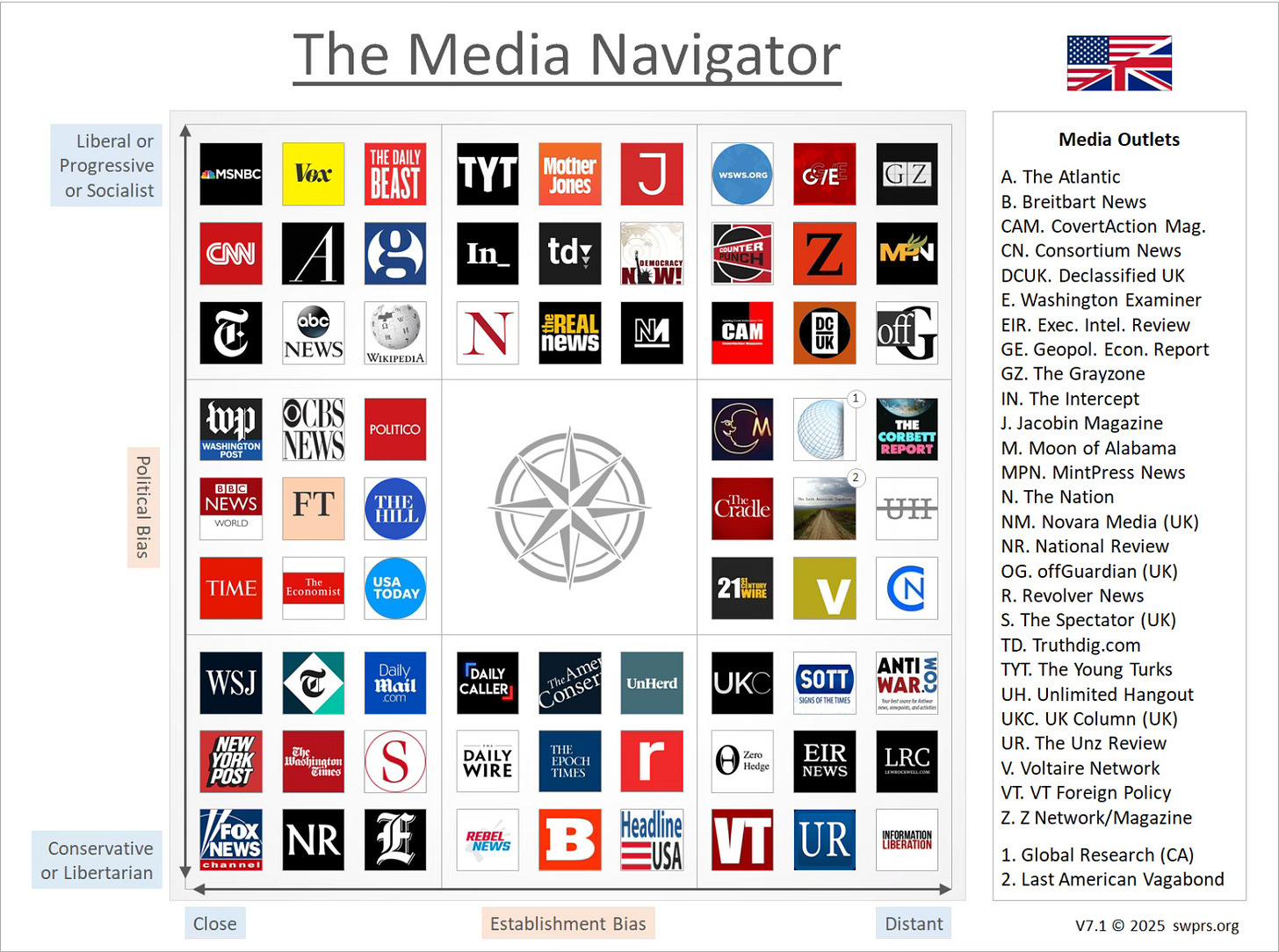
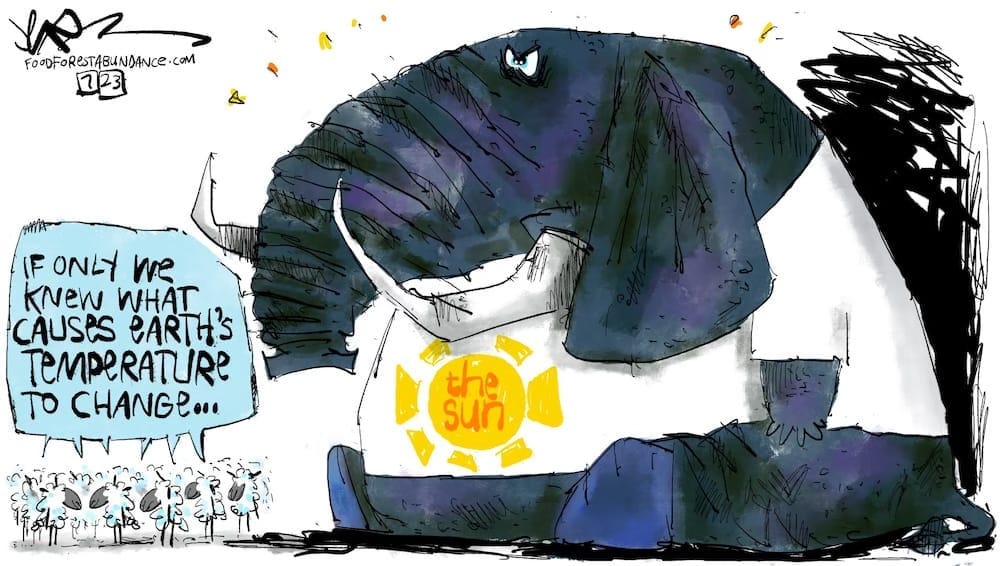
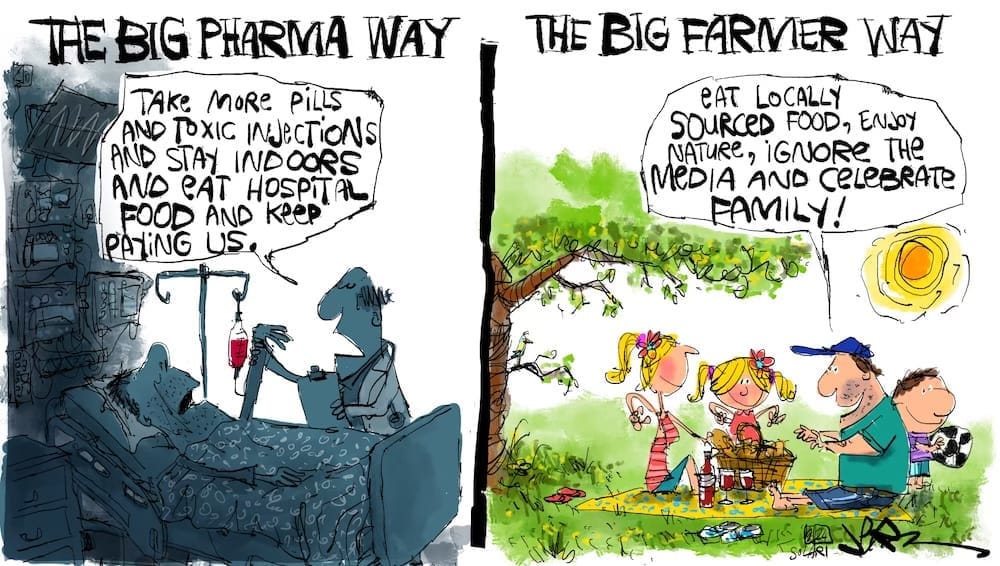
Being able to change your mind is such a wonderful gift. Who needs rigid thinking?
We are very susceptible to suggestion and repetition as well as being intellectually lazy and subject to group think.
Look no further than the acceptance of the Holohoax as indisputable fact!